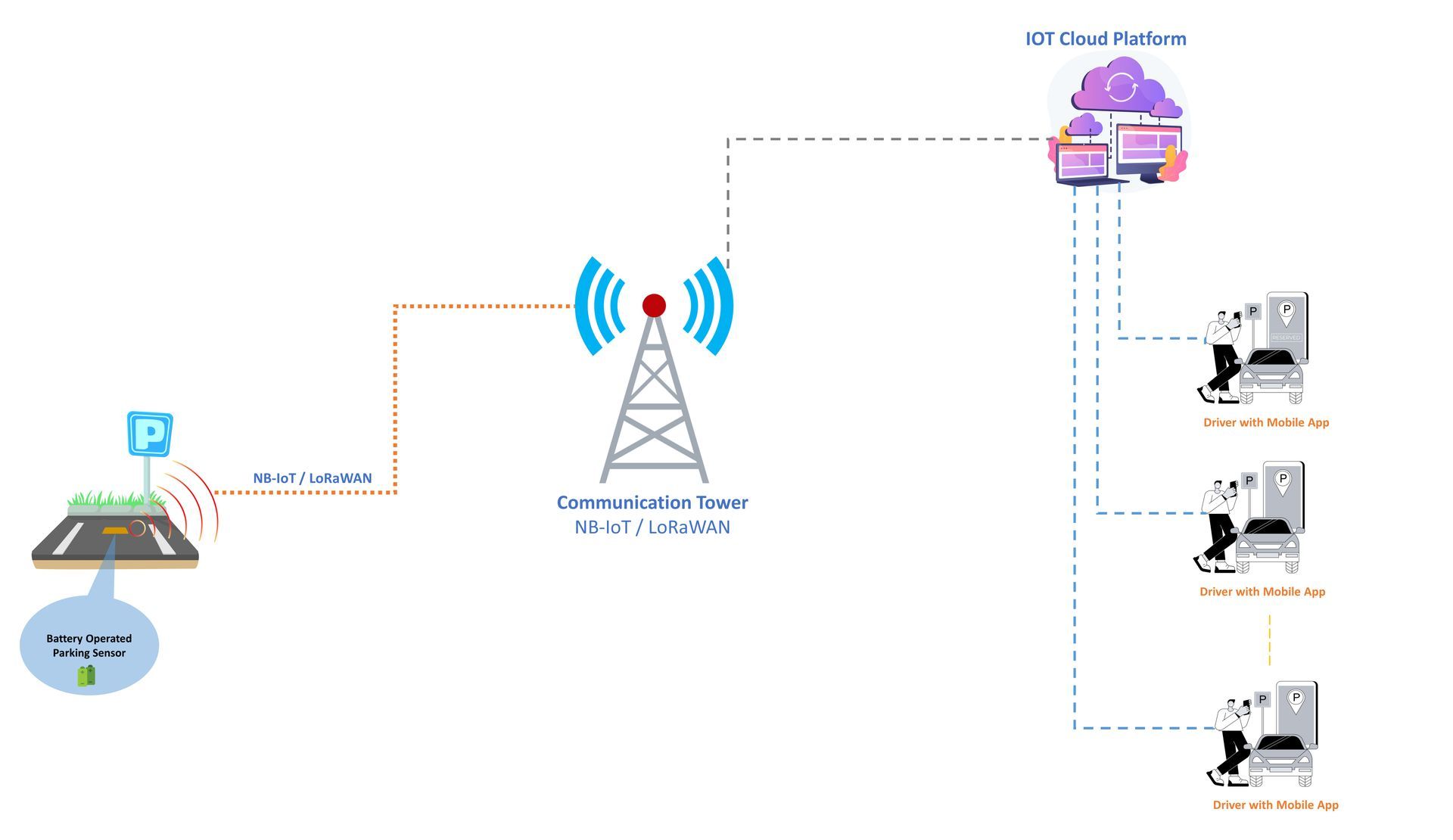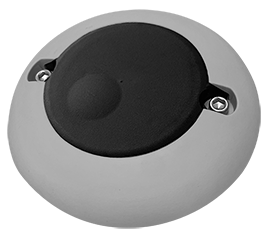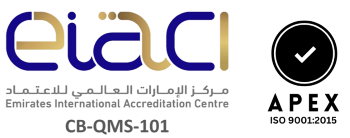Parking Managment system
The Battery-Operated Parking Management System utilizes advanced technologies such as NB-IoT or LPWAN (e.g., LoRaWAN) to detect the occupancy and vacancy of parking spaces both indoors and outdoors. This system employs battery-operated parking sensors placed in individual parking spaces to monitor their availability in real-time.
When a vehicle occupies or vacates a parking space, the sensors transmit data wirelessly to a centralized control system via NB-IoT or LPWAN communication networks. The control system processes this data and updates the parking status information, which can be accessed by drivers through various channels such as a mobile app or large display screens located at strategic points within the parking facility or nearby areas.
parking managment sesor key featuers
Easy installation and dismantling
Our parking sensor offers easy installation and dismantling, providing a hassle-free solution for parking management. With a user-friendly design and straightforward mounting process, it can be effortlessly installed in various parking environments, whether indoor or outdoor.
Supports NB-IoT or LoRaWAN
Our parking sensor is equipped with versatile connectivity options, supporting both NB-IoT and LoRaWAN protocols. This dual-support ensures compatibility with a wide range of IoT networks, offering flexibility and scalability in deployment.
long life time
Our parking sensor is engineered for longevity, boasting an extended lifespan powered by a robust 38Ah battery. With this high-capacity battery, the sensor can operate reliably for an extended period, minimizing the frequency of battery replacements and ensuring continuous functionality.
Advance Sensing Module
Our parking sensor utilizes advanced detection modules, including Earth Magnet and mmWave pulse radar technology, to ensure accurate and reliable detection of parking space occupancy.
Accuracy
Our parking sensor boasts exceptional accuracy in detecting the occupancy status of parking spaces, ensuring reliable and precise information for drivers in real-time. With advanced sensing technology, it minimizes false detections and provides trustworthy data to optimize parking management.
Low Power Consumption
Designed for efficiency, our parking sensor operates on minimal power, extending battery life and reducing maintenance requirements. With optimized power management, it offers long-term reliability without compromising on performance, making it ideal for sustainable and cost-effective parking solutions.
Wireless Connectivity
Featuring seamless wireless connectivity, our parking sensor integrates effortlessly into existing infrastructure, enabling easy deployment and scalability. Utilizing NB-IoT or LPWAN technology, it ensures robust communication over extended distances, facilitating comprehensive parking management solutions for both indoor and outdoor environments.
Real-Time Reporting
Our parking sensor provides instant, real-time reporting of parking space availability to drivers through intuitive interfaces such as mobile apps or display screens. With timely updates on vacant spaces, drivers can navigate efficiently and find parking quickly, minimizing congestion and enhancing the overall parking experience

benefits for the drivers

Save time
Drivers can quickly locate available parking spaces without the need to search extensively, saving time and reducing frustration.
Reduced Traffic Congestion
Efficient parking management helps reduce traffic congestion by minimizing the time spent circling for parking and decreasing the number of vehicles idling in search of spaces.
Convenience
The availability of real-time parking information through mobile apps or display screens enhances convenience and improves the overall parking experience for drivers.
Less Fuel Consumption
Our parking sensor helps drivers reduce fuel consumption by minimizing the time spent circling for parking spaces.
Less CO2 Emissions
By reducing the time spent searching for parking, our sensor contributes to lower vehicle emissions and a cleaner environment.
Enhanced Safety
Drivers can avoid hazards and accidents associated with searching for parking spaces, such as distracted driving or sudden maneuvers.
benefits for the city managment entities
Optimized Space Utilization
Parking management systems help governments optimize the use of parking spaces, maximizing revenue generation from parking fees and reducing the need for additional parking infrastructure.
Improved Traffic Flow
By reducing the time spent searching for parking, these systems contribute to smoother traffic flow and reduced congestion on city streets.
Enhanced Revenue Generation
Effective parking management systems enable governments to implement dynamic pricing strategies, such as variable parking fees based on demand and location. By optimizing parking space utilization and reducing congestion, these systems increase the turnover rate of parking spaces, leading to higher revenue generation from parking fees and fines.
Environmental Impact
Decreased traffic congestion and idling result in lower emissions and contribute to environmental sustainability.
Data Insights
Parking management systems generate valuable data on parking usage patterns, which can be used by governments for urban planning, transportation policy development, and infrastructure investment decisions.
Data-Driven Decision Making
Parking management systems generate valuable data on parking utilization patterns, traffic flow, and parking demand trends. Governments can leverage this data for evidence-based decision-making in urban planning, transportation policy development, and infrastructure investment.









